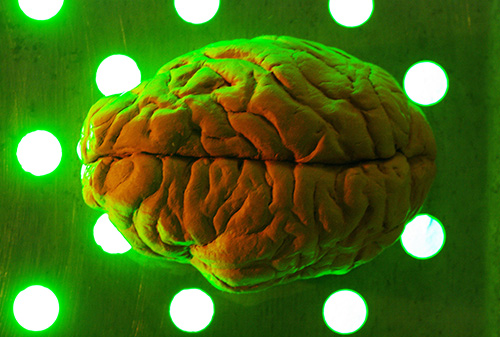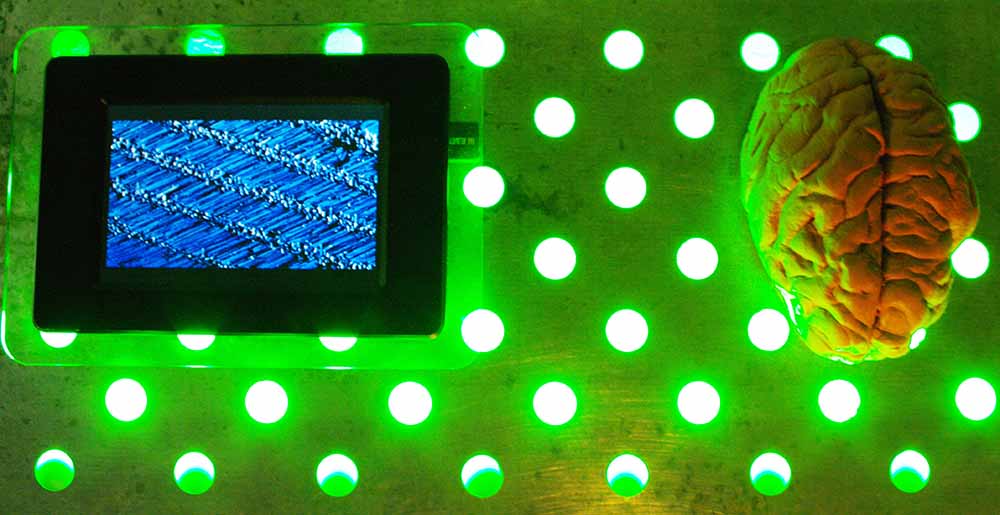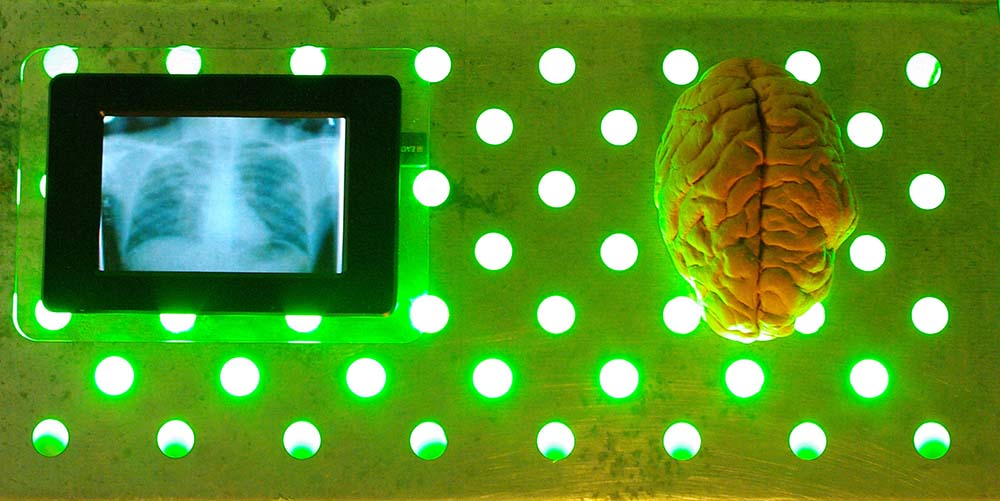Au cours des siècle les avancées technologiques ont permis à l’homme de selibérer des servitudes de la nature et d’améliorer le confort du quotidien afin de créer et grandir. L’homme a élargi ses horizons grâce à l’évolution des transports, transmis les connaissances par l’oral, le livre et maintenant l’internet. Il a révélé ce qui naturellement serait invisible grâce à des techniques comme Hubble pour l’espace, le microscope et I’accélérateur de particule pour I’infiniment petit.
Mais, écrivait Alain Gras, sociologue, dans le Monde du 11.01.1994, « Cet
homme, entouré d’objets techniques, ne voit la technique que sous la forme la plus naïve et la moins dangereuse. Il admire la grandeur de la taille et de la puissance, il ne s’aperçoit pas qu’il en devient totalement dépendant ». Notre degré d’interdépendance devient évident lors d’incidents aux impacts globaux comme I’irruption récente du volcan Islandais Eyjafjöll ou l’accident de Tchernobyl.
Nous avons créé un réseau technologique sur lequel nous sommes en
permanence branchés et ces systèmes influencent notre mode de
pensée. Bill Joy, créateur du langage Java alertait déjà en 2000 sur les limites de cette fuite en avant -InternetActu.net – : « Si les avancées technologiques ne sont plus à nos yeux que des évènements de routine ou presque, il va pourtant falloir regarder les choses en face et accepter le fait que les technologies les plus irrésistibles du XXIème siècle, les robots, les OGM, et les nano robots, font peser une menace d’une nature foncièrement différente de celle des technologies antérieures : ils ont la capacité de s’auto reproduire ». Il existe des menaces plus imminentes et connues, pollution, réchauffement de la planète, nuisances divers comme le montre clairement le nucléaire, une
technologie fantastique procurant le confort au plus grand nombre mais dont les dangers et menaces associés sont loin d’être négligeables et sans conséquences sur la santé et le bien-être.
Notre cerveau a généré des merveilles technologiques qui à
leurs tour permettent des avancées spectaculaires de la pensée. L’homme branché ne s’est-il pas débranché de son univers naturel et source de toutes choses, devenu si dépendant des systèmes qu’il est maintenant incapable de faire des choix, comme un joueur pris dans une spirale infernale menant inexorablement à sa déchéance?
EPJ, mai 2010.
Over the centuries, technological advances have allowed man to free himself from the servitudes of nature and improve everyday life in order to create and grow. Man has broadened his horizons thanks to the evolution of transport, transmitted knowledge orally, books and now the internet. He revealed what would naturally be invisible thanks to techniques like Hubble for space, the microscope and the particle accelerator for the infinitely small. But, wrote Alain Gras, sociologist, in Le Monde on January 11, 1994, “This man, surrounded by technical objects, only sees technology in its most visible form, the naivest and the least dangerous. He admires the grandeur of the size and power; he does not realize that he is becoming totally dependent on it ». Our degree of interdependence becomes evident during incidents with global impacts. We have created a technological network to which we are permanently connected and these systems influence our way of thinking.
Back in 2000, Bill Joy, creator of the Java language, warned of the limits of this race -in : InternetActu.net – “If technological advances are no longer routine events, we’re going to have to face up to the fact that the most irresistible technologies of the 21st century – robots, GMOs and nano robots – pose a threat of a fundamentally different nature to that of previous technologies: they have the ability to reproduce themselves”.
There are more imminent and well-known threats: pollution and global warming for a start. This is clearly demonstrated by nuclear power, a fantastic technology that provides comfort to the greatest number, but whose associated dangers and threats are far from negligible and have consequences for our health and well-being.
Human brains have generated technological marvels which, in turn
enable spectacular advances in thinking. Has the « connected human »
disconnected himself from his natural universe, the source of all things? Is he now so dependent on systems that he is now incapable of making choices, like a gambler caught in a spiral leading inexorably to his downfall?
Translated with DeepL.com (free version)
corrections the author



